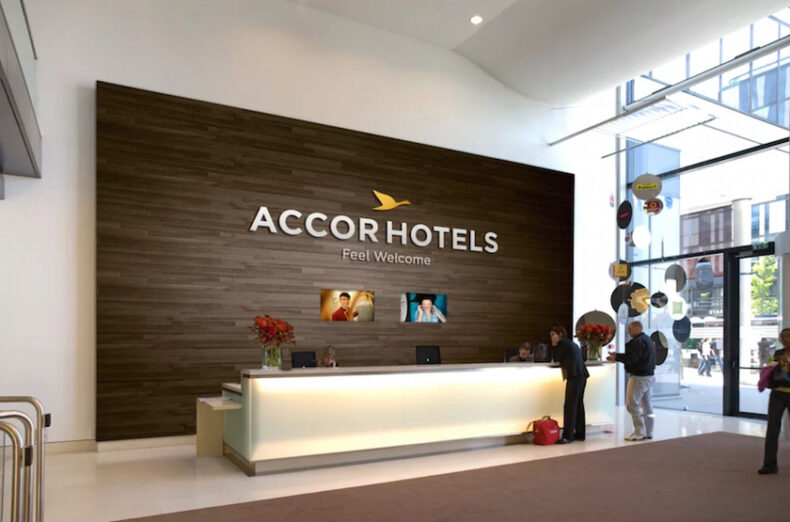Top European hotels to hire workers by offering higher salaries, free accommodation, and other facilities like health insurance and bonuses without any experience or resume to meet post-pandemic travel demand.

Image source: todayonline.com
During the COVID years, the global travel industry went down instantly because of the COVID restrictions. Hence, there was also a sudden fall in the hospitality market.
Therefore, thousands of workers left the hospitality industry when international travel shut down during the COVID-19 pandemic. A lot of them chose not to return to find a better-paid job elsewhere. Hence, there was a staff shortage immediately, which the hoteliers decided to meet by providing employment without any work experience or resume.
Accor is currently running trials to recruit people who are not from the hospitality field or have not previously worked in any hotel industry. This was reported by the Chief Executive of Accor, Sebastien Bazin, in an interview with Reuters at the Qatar Economic Forum last month.
Accor operates brands like Mercure, Fairmont, and IBIS in over 110 countries and needs approximately 35,000 workers globally.
Accor reported that they had trials in France in places like Lyon and Bordeaux ten days ago, and this weekend they are having people interviewed with no resume, no prior job experience, and they will be hired within 24 hours. Within this short period of time, Accor is managing to fill job roles in France with young people and migrants while also limiting their services.
Bazin said that these students will first be given six hours of training and then learn on the job. Also, they are basically supposed to close or open restaurants for lunch only five days a week. There’s no other solution to meet such a crisis.
Staff shortages are particularly pressing in Spain and Portugal, where tourism accounted for 13% and 15% of economic output before the pandemic. Hence, hoteliers are bound to recruit and offer higher pay, free accommodation, and perks like bonuses and health insurance to the staff despite their designation.
“Many employees have decided to move to other sectors, so we are starting an industry from scratch and we have to fight for talent,” Gabriel Escarrer, CEO of Spanish hotelier Melia, told reporters in Madrid. To attract staff, he has recently provided low-cost accommodation to the staff, sometimes in hotel rooms, due to a shortage of rental housing near the resorts.
Not only the big-branded hotels but also the smaller hotels are facing similar staffing challenges. The operations director of Hotel Mundial, one of Lisbon’s most iconic hotels, said it is currently trying to recruit workers upto 100. Without enough staff, he fears some hotels will cut guest numbers and the range of amenities they can provide.
For places like France, Spain, or Portugal, which are among Europe’s top tourist destinations, this staff shortage problem scenario is echoed in bars, restaurants, and hotels. The owners are desperately struggling to meet the cost of the bookings they have been allowed to make.
Bazin said that while hotels are now only 60% or 70% occupied, they can still cope with staff shortages for now. But the crisis will come around when they’re fully booked. “The problem I have is, when I know between early July and the end of August we’ll be 100% occupied, can I service all the people?” Bazin said.
In the past, the industry has neither paid enough or focused on developing staff, Bazin said. “Half of it is we’ve been blind, we’ve been not paying attention to a lot of people and probably underpaying some people for too long as well,” he said. “So it’s a wake up call.” Hence, European hotels are now to hire workers without any experience or resume is desperately increasing.













